Asparagus Tincture
Price range: $25.00 through $45.00
Asparagus tincture, derived from the plant’s bioactive compounds like saponins, flavonoids, and antioxidants, offers potential benefits including diuretic effects for urinary support, blood sugar and cholesterol regulation, anti-inflammatory and antioxidant protection, possible anticancer activity, stress reduction, and digestive aid through its fiber and prebiotic content. While supported by animal and in vitro studies, human evidence is limited, so consult a healthcare provider before use to avoid interactions or side effects.
- Premium Quality
- Secure Payments
- National Shipping
Description
Asparagus Tincture
Asparagus officinalis
Asparagus tincture is an alcohol-based extract derived from the asparagus plant (Asparagus officinalis), often made from the roots, spears, or other parts. It concentrates the plant’s bioactive compounds, such as saponins, flavonoids (e.g., quercetin, rutin), phenolic acids, vitamins (C, E, B6, folic acid), minerals (e.g., potassium), and antioxidants. These may offer various health benefits, primarily supported by in vitro, animal, and limited human studies. However, evidence in humans is generally preliminary, and it’s not a substitute for medical treatment—consult a healthcare provider before use, especially if pregnant, breastfeeding, or on medications like diuretics or lithium.
Below is a summary of key potential benefits, based on scientific reviews and studies:
Diuretic and Urinary Tract Support:
- Asparagus tincture may increase urine production and promote detoxification of the bladder and kidneys, helping with fluid retention or mild urinary issues. This is attributed to compounds like asparaptine and potassium. Evidence includes animal studies showing reduced blood pressure and improved creatinine clearance in hypertensive rats after asparagus extract consumption, as well as traditional use in diuretic preparations from roots and seeds.
Blood Sugar Regulation (Antidiabetic Effects):
- It may help lower blood glucose levels, improve insulin secretion, and support management of type 2 diabetes by enhancing β-cell function and reducing triglycerides. Studies in diabetic rats demonstrated dose-dependent reductions in fasting glucose (e.g., 500 mg/kg over 28 days normalized levels) and increased hepatic glycogen, with aqueous extracts from spear by-products showing similar results over 21 days.
Cholesterol and Lipid Management (Hypocholesterolemic Effects):
- The tincture could reduce total and LDL cholesterol while raising HDL, potentially aiding heart health. Animal research, such as in hypercholesterolemic rats fed lyophilized asparagus for 5 weeks, showed cholesterol-lowering effects from its fiber and flavonoid fractions; n-butanol extracts (40–160 mg/kg for 8 weeks) in high-fat diet mice confirmed these benefits.
Antioxidant and Anti-Inflammatory Support:
- Rich in polyphenols, vitamins C and E, and sulfur compounds, it scavenges free radicals, reduces oxidative stress, and inhibits inflammation (e.g., via COX-2 blockade). In vitro studies rank asparagus high among vegetables for radical scavenging and ferric-reducing power, with ethanol extracts from aerial parts showing strong DPPH activity; it also protected against lead-induced oxidative damage in mice testes.
Potential Anticancer Activity:
- Extracts may inhibit tumor cell growth, migration, and induce apoptosis in cancers like breast, colon, pancreatic, leukemia, and hepatoma through pathways like Rho GTPase and PI3K/AKT. In vitro evidence includes saponins from stems suppressing cell viability (809–1830 µg/mL) and inducing caspase activation in HepG2 cells; deproteinized polysaccharides showed cytotoxic effects.
Stress Reduction and Sleep Improvement:
- It may lower cortisol, boost heat shock protein HSP70 (which counters stress), and alleviate fatigue or cognitive issues for better rest. Small human trials (e.g., 150 mg daily for 1 week) increased HSP70, while a 28-day study improved mood and test performance versus placebo; mouse studies normalized cortisol after sleep deprivation.
Digestive Health (Laxative and Prebiotic Effects):
- High fiber and inulin content promote defecation, alleviate colitis symptoms, and support gut bacteria growth (e.g., lactobacillus). Mouse studies with 2% cooked asparagus for 3 weeks reduced colitis markers, and by-products acted as prebiotics due to 16–58 g/100 g dry matter fiber/inulin.
Other uses like antihypertensive effects or hormonal support (e.g., boosting progesterone in rats) show promise in animal models but lack robust human data. Side effects are rare at food levels but may include allergic reactions or urine odor; extracts could interact with diuretics by depleting potassium. Overall, while promising, more large-scale human trials are needed to confirm efficacy and safety.
Additional information
|
||
| Dimensions | ||
|---|---|---|
|
||
You must be logged in to post a review.


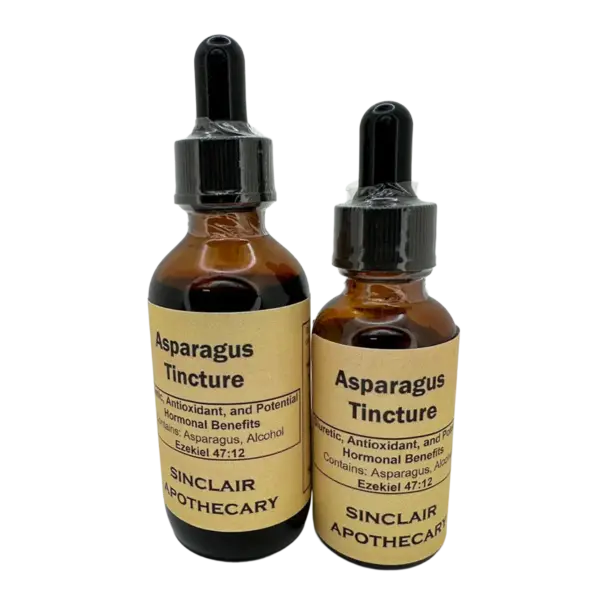
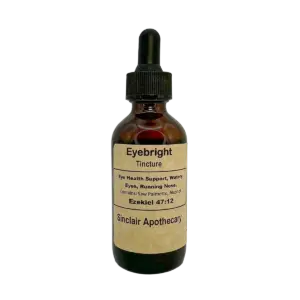
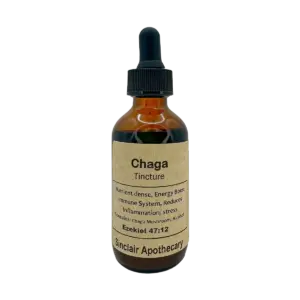

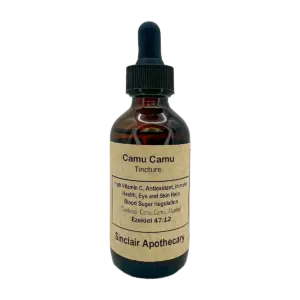
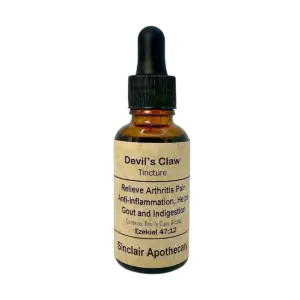
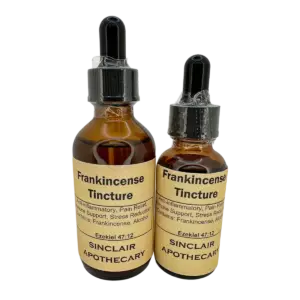
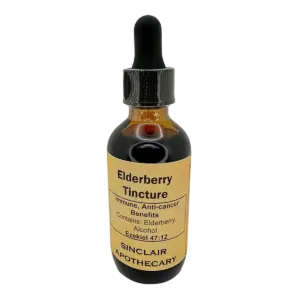
Reviews
There are no reviews yet.